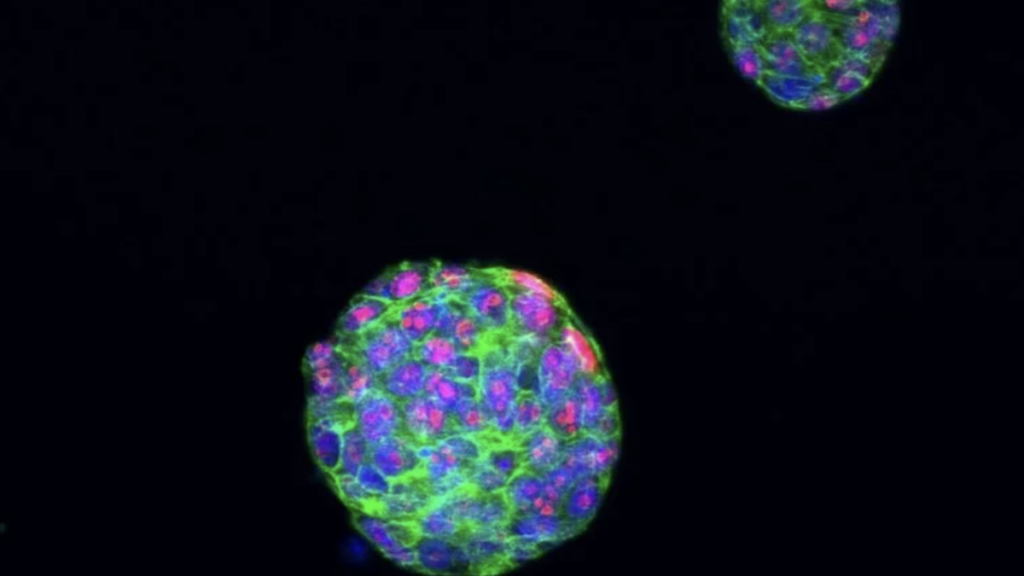
Innovate UK, the UK’s innovation agency, has awarded a significant grant of nearly £800,000 to a pioneering project, AI-VISION, aimed at advancing precision therapy in breast cancer treatment. This collaborative effort unites the expertise of cancer researchers from The Institute of Cancer Research, London, and The Royal Marsden NHS Foundation Trust, with cosmology and astrophysics specialists from the University of Durham, and the techbio company, Concr.
AI-VISION is set to embark on a 24-month observational clinical study focusing on early triple-negative breast cancer (TNBC), a subtype known for its aggressive nature and limited treatment options. The study will profile tissue samples from TNBC patients to identify and validate biomarkers that predict responses to chemotherapy, with and without the addition of immunotherapy. This endeavor aims to enhance clinical decision-making, offering a more personalized approach to cancer treatment.
Concr will apply its expertise in Bayesian computational frameworks, a method borrowed from astrophysics, to integrate diverse oncology data. This innovative approach allows for the confident identification and development of biomarkers that can predict how patients will respond to specific cancer drugs. The genomic data, sourced from the state-of-the-art genomics facility at The Institute of Cancer Research (ICR), will be linked to clinical data from TNBC samples using Concr’s proprietary platform, FarrSight, to facilitate this biomarker identification and validation process.
Project Lead Dr Navita Somaiah, Clinician Scientist at The Institute of Cancer Research, London, and Clinical Oncologist at The Royal Marsden, said: “It’s exciting to announce our new partnership, which is bringing together experts in cancer, genomics, astrophysics and artificial intelligence for an innovative project that is seeking to improve treatment for triple negative breast cancer. The aim of our project is to uncover new potential ways to treat triple negative breast cancer more effectively, by combining data from a variety of different sources and analysing it using AI. For example, we hope to uncover genomic characteristics that indicate sensitivity to immunotherapy, and could guide us to selecting the patients most likely to benefit from these newer therapies.”
Dr Uzma Asghar, Concr’s Chief Scientific Officer and lead applicant, added: “We are deeply grateful to Innovate UK for recognising the importance of our work and providing us with this invaluable grant. This funding will empower us to make meaningful strides in clinical validation of Concr technology and demonstrate how this technology can improve treatment decision-making process for cancer patients. It will also help the pharmaceutical industry to better select people for clinical studies, selecting those who are most likely to benefit from their cancer drugs. We are excited to embark on this journey and eager to create a brighter future for our community.”
Professor Richard Massey, Professor in the Department of Physics at the Durham University Institute for Computational Cosmology, shared: “We developed statistical techniques to study the far-off Universe, but are thrilled they might help people back to health, here on Earth. This project is bringing together researchers from such different areas, and we’re all learning new methods from each other.”
Currently, the standard of care for TNBC involves clinicians making treatment decisions based on clinical and pathology data. Despite advancements in molecular genomic profiling, no licensed platform exists today that connects tumor molecular data with drug response predictions specifically for TNBC. The AI-VISION project seeks to fill this gap, leveraging artificial intelligence to analyze data from various sources, including genomic characteristics that could indicate sensitivity to immunotherapy.



